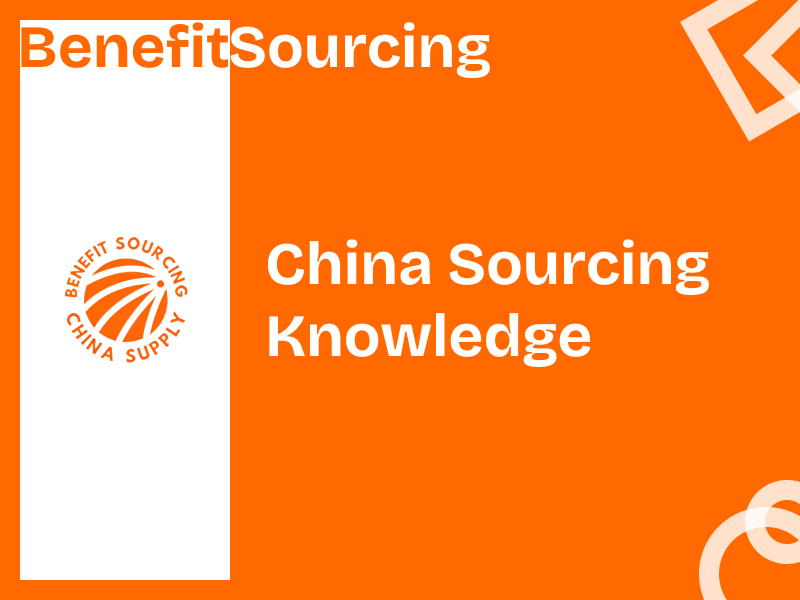Establishing Trust: Financial Auditing and Transparency

For international small and medium - sized enterprises (SMEs) sourcing products from China, building trust with suppliers forms the foundation of successful partnerships. Financial auditing and transparency mechanisms serve as critical tools to protect your business interests while fostering collaborative relationships. Here’s how to navigate this process effectively:
Why Financial Auditing Matters in Cross - Border Procurement
- Risk Mitigation: 78% of supply chain disruptions originate from financial instability in vendor organizations (World Bank, 2023). Regular audits help identify red flags before orders are placed.
- Quality Assurance: Suppliers with organized financial systems typically maintain better production quality control.
- Compliance Verification: Ensure adherence to international accounting standards (IFRS) and anti - corruption regulations.
- Long - Term Partnership Building: Transparent financial dealings create foundations for volume discounts and priority production slots.
Key Transparency Indicators to Evaluate
When assessing Chinese suppliers, prioritize these verifiable transparency markers:
- Tax Compliance Certificates: Valid VAT receipts and export tax documentation
- Bank Transaction Histories: Minimum 12 - month records showing consistent business activity
- Third - Party Audit Reports: ISO - certified financial statements from recognized auditing firms
- Supply Chain Disclosure: Clear mapping of raw material sources and subcontracting relationships
- Digital Tracking Systems: Real - time production updates through integrated ERP platforms
Practical Steps for Financial Verification
- Request SA8000 Certification: Indicates social accountability in financial reporting
- Conduct Virtual Factory Audits: Use live video streaming to verify physical assets match financial claims
- Analyze MOQ Flexibility: Suppliers with healthy cash flow typically offer smaller minimum order quantities
- Check Export Licenses: Validate through China Customs’ official online verification portal
- Request References: Contact 2 - 3 existing international clients for payment practice verification
Technology - Enabled Transparency Solutions
Modern tools help overcome geographical barriers in financial monitoring:
- Blockchain Smart Contracts: Automate payments upon shipping document verification
- AI - Powered Invoice Scanning: Detect discrepancies in 15+ currency formats instantly
- Cloud - Based Audit Trails: Maintain immutable records of all financial interactions
- Real - Time Currency Conversion Tools: Monitor exchange rate impacts on transaction values
Cultural Considerations in Financial Discussions
Understanding Chinese business etiquette improves audit cooperation:
- Timing: Avoid direct financial requests during Lunar New Year (January/February)
- Communication Style: Present audit requirements as collaborative quality checks rather than investigations
- Guanxi Management: Build rapport through video calls before discussing sensitive financial matters
- Document Translation: Always request bilingual (Chinese/English) financial documents
Dispute Resolution Mechanisms
Prepare for financial disagreements with these safeguards:
- Escrow Payment Systems: Release funds only after successful quality inspections
- Penalty Clauses: Specify financial consequences for delivery delays or quality defects
- Mediation Protocols: Agree in advance to use CIETAC (China International Economic and Trade Arbitration Commission) for disputes
- Insurance Backing: Purchase trade credit insurance covering up to 95% of receivable values
Continuous Monitoring Framework
Implement ongoing transparency measures post - audit:
- Quarterly Financial Health Checks: Analyze key ratios (current ratio ≥2:1 preferred)
- Surprise Stock Inspections: Validate inventory levels against reported figures
- Sustainability Reporting: Monitor ESG (Environmental, Social, Governance) compliance metrics
- Cyber Security Audits: Ensure protection of shared financial data
Cost - Effective Audit Strategies for SMEs
Limited - resource businesses can implement:
- Peer Group Auditing: Collaborate with non - competing buyers to share audit costs
- Government Verification Services: Use free tools like China’s AEO (Authorized Economic Operator) database
- Sample - Based Checking: Audit 10 - 15% of transactions randomly each quarter
- Financial Health Dashboards: Use free tools like Dun & Bradstreet’s Supplier Risk Monitor
By systematically implementing these financial auditing and transparency practices, international buyers significantly reduce payment risks while cultivating Chinese supplier relationships built on mutual accountability. Remember that transparency grows progressively – start with basic verification and expand monitoring as order volumes increase.
Need a sourcing agent in China?
Just send us your demand with the form below.